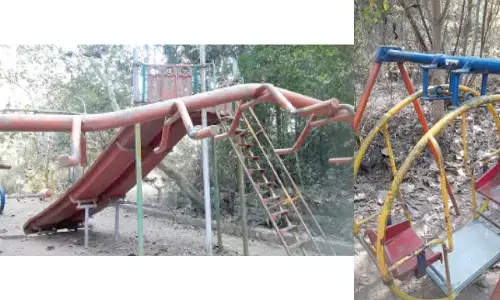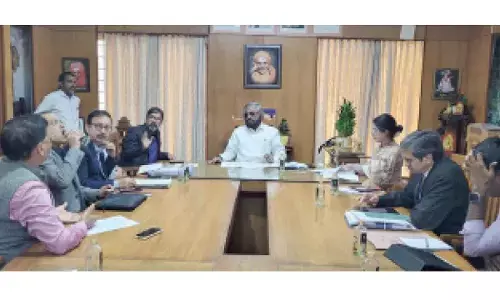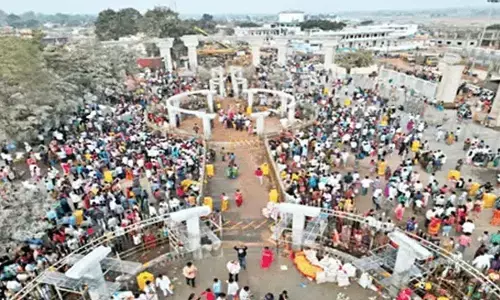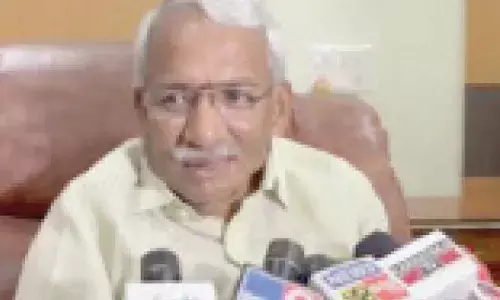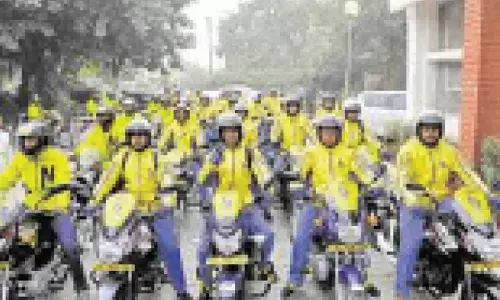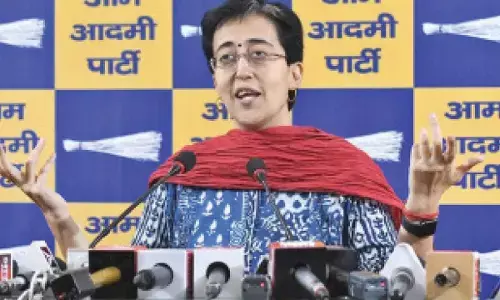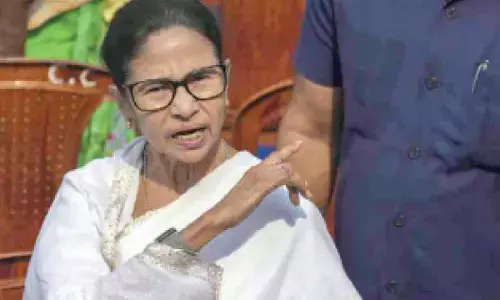The Vital Role of NGOs in Supporting Government Efforts for Social Welfare - Opinion
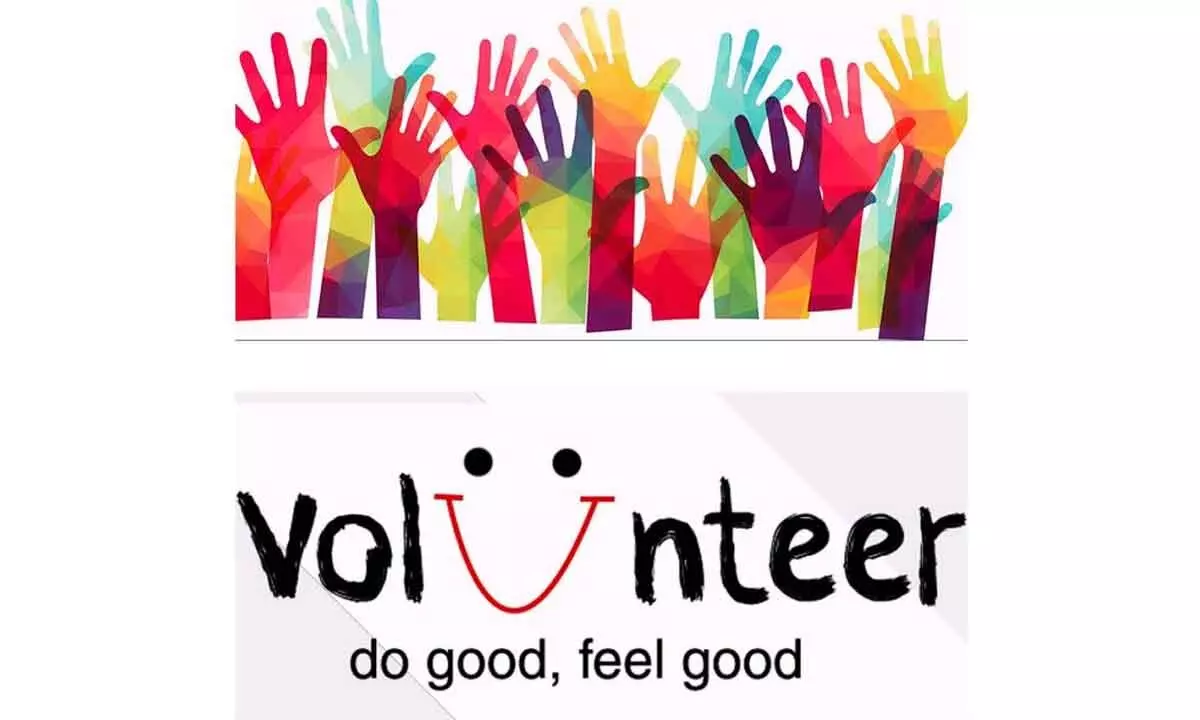
NGOs and voluntary organizations complement government efforts in various fields, from health to education, empowering communities and ensuring aid reaches those in need.
It is now widely accepted that the ‘government alone’ approach will no longer suffice. Non-government organisations (NGO)s, community-based organisations (CBO)s and other institutions, such as charities, play a significant role in supplementing, as well as complementing, the efforts of governments to reach goods, and service, to those in need. Their activities, typically, include, but extend beyond areas such as protection of the environment, advocacy, defending human rights, education, health, and welfare of women, children, and the aged. They also help in ensuring that the voice of those in need is heard in places which matter. While many manage with their own funds, some others seek support, from institutions and individuals.
Voluntary organisations, and NGOs, are defined by different organisations in different ways, depending on their objectives, and the nature of their functions. The Scottish Council for Voluntary Organisations (SCVO), for example, defines voluntary organisations as non-profit, non-statutory, autonomous, and run by individuals or groups of individuals, who do not get paid.
The World Bank, on the other hand, distinguishes two significant types of NGOs; those which deal with development programmes, and which practise advocacy, aiming to influence public policy.
Many international and domestic NGOs of repute have been carrying on commendable welfare and advocacy activities for a long time. The International Committee of the Red Cross, for instance, is perhaps the most well-known NGO in the world. A humanitarian organisation, and a three-time Nobel Laureate, it has played an instrumental role in the development of rules of war and promoting humanitarian norms, ensuring humanitarian protection.
Likewise, the Council for Advancement of People’s Action and Rural Technology (CAPART), an autonomous body set up by the Ministry of Rural Development to interface between the government and NGOs that seek to improve the quality of life in India’s rural areas. Similarly, the Rockefeller Foundation is an American private foundation that supports medical research and the arts.
Closer home, the Durgabai Deshmukh Mahila Sabha, a charitable and service oriented organization, was founded in 1938 by Dr Durgabai Deshmukh, a renowned freedom fighter. With its various units of schools, colleges and hospitals, the Sabha, today, stands testimony to the conviction, and dedication, of the great lady. As a three-month-old premature baby, just beginning to show hopes of survival, Durgabai placed me in the hands of Mahatma Gandhi when he visited Madras (now Chennai) to lay the foundation stone for the Sabha. The Mahatma blessed me and I was named Mohan Das, which, over time, became Mohan. My father-in-law, Dr Gandhi, was also a close associate of Durgabai. Thanks largely to those associations. I was recently invited to join the Trust Board of the Sabha, which I did, with gratitude and enthusiasm.
The Aga Khan Foundation is another private, not-for-profit international development agency. Founded in 1967, by Shah Karim Al Hussaini, Aga Khan IV, the 49th Hereditary Imam of the Shia Ismaili Muslims, it is a non-denominational development agency that addresses the challenges faced by some of the poorest communities in the world.
The Ramakrishna Math, and the Ramakrishna Mission, founded by Swami Vivekananda in 1897, are twin organizations which work towards creating harmony of religions as also at the all-round development of human faculties. From 1897, when it was founded, it has conducted extensive relief operations for the victims of natural disasters.
I had, for long, entertained the idea of establishing a voluntary organisation to help those already actively engaged in development work to serve as a platform, for the pooling, and sharing, of experiences. And to ensure that gaps, and overlaps, are avoided, at the grassroots level. Finally I managed to muster enough time, enthusiasm, and energy, to start an organisation named ‘Vaaradhi’ or a bridge. A voluntary initiative of likeminded people, it also had the objective of empowering today’s youth by enhancing their awareness of contemporary social and political issues; and increasing appreciation of their history and roots.
Vaaradhi began its innings, in 2013, with conducting an annual competition, in elocution, and essay writing, in which high school students (boys and girls), from both the Telugu speaking states participated. The winning teams were given certificates of merit as well as some prizes. They were also taken on a study visit to another state of the country, essentially to expose them to the realities of rural life, of different regions of in India, while being hosted by another NGO in that state, for boarding and lodging. Having recently begun classes for school students in computer-coding and speaking/writing skills in the English language, Vaaradhi is now in the process of gradually diversifying into more challenging areas. An interesting off-shoot of its desire to diversify, is a system of introducing the students to their counterparts in other countries, such as Singapore and Hong Kong, an experiment that is showing encouraging promise.
In the wake of the devastating cyclone, and tidal wave, that, in 1977, ravaged the east coast of Andhra Pradesh state, massive rescue, relief and rehabilitation activities were undertaken by the state government, backed up substantially by the central government, its departments and agencies. Many voluntary organisations also pitched in and contributed their mite.
With the best of intentions, however, some of the work done by voluntary organisations often fails to correspond to expectations of the beneficiaries. In the cyclone relief operations, for instance, this was the case in respect of the houses constructed by NGOs. I visited the affected areas when rehabilitation activity was going on. I was quite intrigued to find that many of the beneficiaries, and their families, were living in a thatched hut, which they had constructed, as an adjunct to the permanent house given by the voluntary organisation, and his cattle were in the permanent portion! Clearly, the climate of the area made it impossible for them to live in a permanent house with RCC roof.
In yet another case, the doors and windows of the house had come off and had not been replaced. When queried, the owner replied that he was waiting for the organisation, which constructed the house, to arrange for the replacement as, after all, it was that organisation which had built the house in the first place! Clearly, the element of ownership as lacking in both cases.
Contrary to what is normally believed, it was not Edmund Hillary, but his son George Leigh Mallory, who said “because it is there”, when asked why he was preparing to scale Mount Everest.
Somewhat similar is the reason why governments exist, whether at the national, provincial or local levels, across the world. They are simply there as parts of a system. The value of voluntary action, on the other hand, lies in the fact that they are brought into being by human design, and invariably, to serve a purpose. In fact, a great and noble purpose. The power of the people is stronger than the people in power.
Justifiably, or otherwise, the fact remains that, generally speaking, people repose little faith in governments. They would rather approach other agencies, either for redressal of their grievances, or fulfilling their requirements. Governments, as a matter of fact, are held in such little respect that someone said, “I don’t make jokes. I just watch the government and report the facts!”
(The writer was formerly Chief Secretary, Government of Andhra Pradesh)








